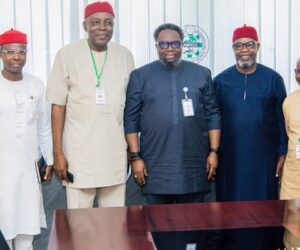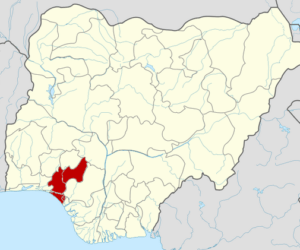In Africa’s evolving corporate landscape, competitiveness is no longer confined to market share or revenue growth. According to Tola Adeyemi, CEO of KPMG West Africa, the regional arm of the global professional services firm KPMG International, the most significant battle confronting African businesses today is the fight for talent—a struggle intensified by the rapid rise of artificial intelligence (AI) and a changing technological paradigm.
“We recognise that the shift in technology is not a nice-to-have. It’s a must-have,” Adeyemi said in an interview with TechCabal. “We’re embracing it ourselves through investments in AI, but more importantly, by upskilling our workforce to evolve into one that is enabled by artificial intelligence.”
Adeyemi’s remarks echo a growing awareness among African CEOs that digital transformation cannot happen without the right people. KPMG’s Africa CEO Outlook Report shows that 88% of African CEOs plan to increase their staff numbers, though most expect modest growth of less than 5%. While this figure might seem underwhelming in a continent grappling with massive unemployment, Adeyemi sees a deeper story unfolding, one where new types of jobs are being created faster than many realise.
“Technology has always created more jobs than it has replaced,” he explained. “Twenty years ago, nobody talked about data specialists, yet today, they’re critical to business growth. The same is happening with AI. It will automate routine tasks, but the human element — empathy, judgment, and creativity — remains irreplaceable.”
The new leadership challenge
The transformation, Adeyemi says, is not just about rank-and-file workers but leadership itself. “The skill set of CEOs and senior management has to evolve. Being technologically literate is now a key requirement,” he said. “CEOs must lead from the front and show that they’re digitally savvy. The reinvention of the workforce must happen across all levels, right up to the boardroom.”
This marks a significant shift in mindset for African corporate leaders, many of whom are adapting from traditional management models to a tech-driven world. According to Adeyemi, the next generation of African CEOs will need to pair strategic thinking with a deep understanding of technology and data to remain competitive in a fast-changing global economy.
The infrastructure dilemma
But while the private sector is embracing change, Africa still faces structural barriers. The continent’s digital divide remains vast; only about 416 million Africans are active internet users, according to GSMA’s latest report, leaving nearly a billion people offline.
To Adeyemi, bridging this gap requires a mix of intentional investment and smart partnerships.
“Infrastructure financing must be deliberate,” he said. “We need focused approaches to mobilising the trillions required for digital and physical infrastructure. But beyond hard infrastructure, we must build soft infrastructure, that is, training people and changing mindsets.”
Despite these challenges, he remains optimistic about Africa’s largely young population. “Even with limited access, this youth base represents an enormous opportunity. With the right training, we can unlock a major uplift for the continent,” he added.
Specialisation and the global talent tug-of-war
As AI adoption deepens, demand for specialised skills is exploding. Companies are scrambling for machine learning experts, data engineers, and cybersecurity professionals — talent that global tech giants are willing to pay top dollar for.
“When there’s a shortage, prices rise,” Adeyemi said. “That’s the reality. But AI also democratises knowledge. As access widens and more people gain skills, costs eventually come down. It’s a natural cycle — we’ll have booms and busts in talent availability, but over time, equilibrium will form.”
Still, this doesn’t solve Africa’s “talent drain.” Many skilled professionals prefer remote roles with global firms that pay in dollars, leaving local companies struggling to retain workers. To stay competitive, Adeyemi advises African employers to rethink the employee experience beyond pay.








